Required Reading: Terryl L. Givens, “Lightning Out of Heaven”
Optional Reading: “Sinners in the Hands of an Angry God”
Memorize and internalize concepts in bold typeface.
Remember: “Long before Joseph Smith offered his first prayer, thousands and millions of people must have yearned, as Sarah did, for the assurance that God was not the severe, distant, impersonal deity of Jonathan Edwards, but the kind, loving, and very personal God that Joseph found in the Sacred Grove” (Terryl L. Givens, “Lightening Out of Heaven”)
In 1741, Presbyterian minister Jonathan Edwards (1703-1758) delivered the most famous sermon in American history:
The God that holds you over the Pit of Hell, much as one holds a Spider, or some loathsome Insect, over the Fire, abhors you, and is dreadfully provoked; his Wrath towards you burns like Fire; he looks upon you as worthy of nothing else, but to be cast into the Fire; he is of purer Eyes than to bear to have you in his Sight . . . . and yet ‘tis nothing but his Hand that holds you from falling into the Fire ever Moment . . . .
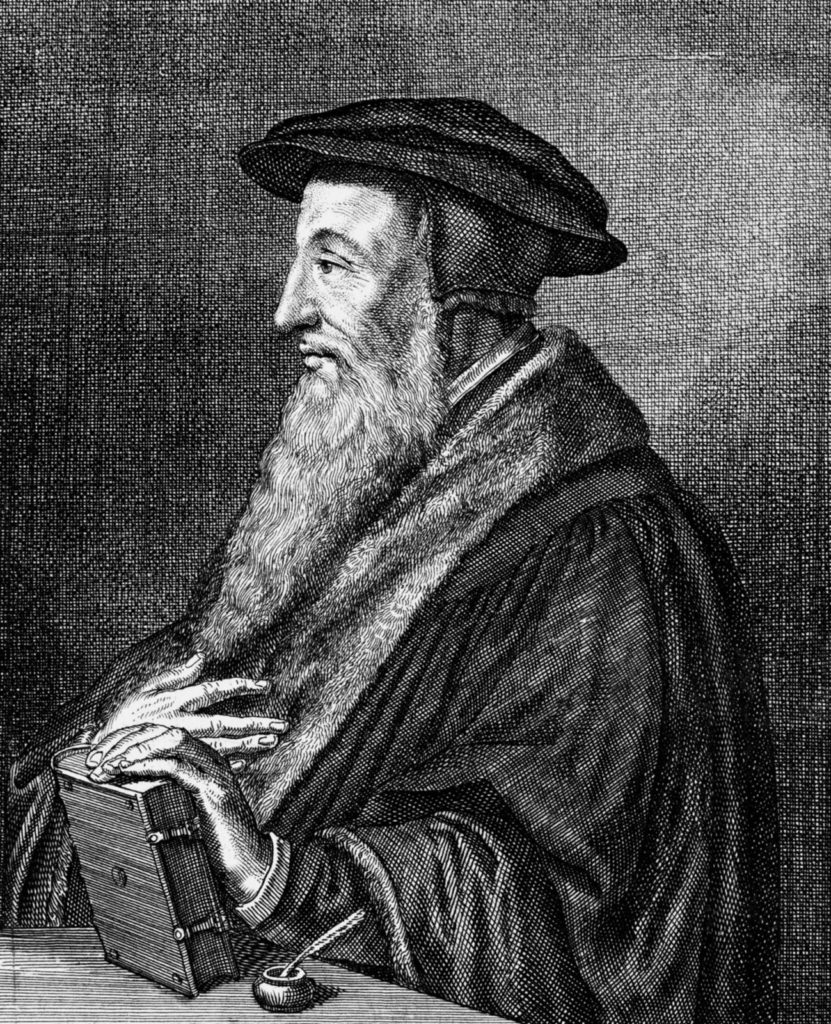
The 16th century (1500s) reformation of Christianity produced variant theologies. The ones that most concern us are Calvinism and Arminianism.
Presbyterians like Jonathan Edwards were Calvinist. Their soteriology, or doctrine of salvation, is a variant of the theology of John Calvin (1509-1564).
Followers of John Calvin (1509-1564) emphasize God’s complete and total sovereignty: They use the acronym TULIP:
Total depravity of mankind: all people are completely fallen and powerless
Unconditional election: God will (mercifully) save few and (justly) damn most
Limited atonement: Christ atoned only for the few who will be saved
Irresistible grace: No one to whom God gives grace can opt out of it
Perseverance of the saved: If God elects you to be saved you will be saved
Joseph Smith’s ancestors were British Calvinists (Puritans, Pilgrims). Puritans wanted to purify or restore the Church of England (Anglican). They settled in New England (Massachusetts, Connecticut) in the 1600s and 1700s.
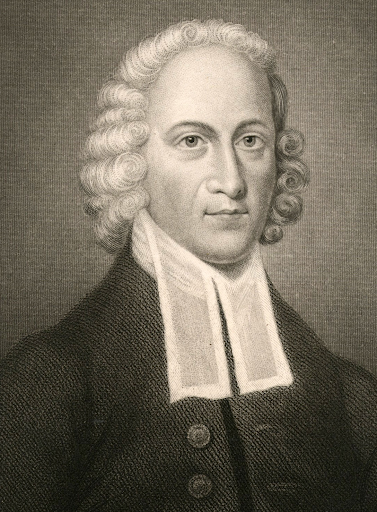
Jonathan Edwards was a young divinity student at Yale in the early 1700s. He wrote a note in the front of his Greek grammar book about the rumors he’d heard about Sarah Pierrepont:
“They say there is a young lady in [New Haven] who is loved of that Great Being, who made and rules the world, and . . . this Great Being, in some way or other invisible, comes to her and fills her mind with exceeding sweet delight; and that she hardly cares for anything, except to meditate on Him. . . .” (Quoted in Iain H. Murray, Jonathan Edwards: A New Biography [Banner of Truth, 1987], 92).
In 1727, Sarah (17) married Jonathan (27). They both loved God, but Sarah thought of him differently than her husband did:
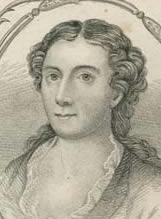
One day while listening to a prayer she had a deep desire to “call God my Father” and wondered whether she really could. When she prayed privately she felt “the presence of God was so near, and so real, that I seemed scarcely conscious of any thing else. God the Father, and the Lord Jesus Christ, seemed as distinct persons, both manifesting their inconceivable loveliness, and mildness, and gentleness, and their great . . .love to me.” Sarah struggled to communicate, as Joseph would a century later, “the peace and happiness, which I hereupon felt.” It “was altogether inexpressible” (Sarah Edwards, in Works of President Edwards, vol. 1, pp. 172–73; italics in original; see also George M. Marsden, Jonathan Edwards: A Life (New Haven, Connecticut: Yale University Press, 2003), 243–44.
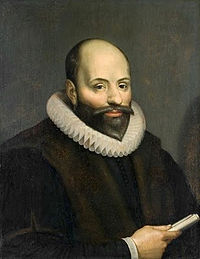
Methodists and many Baptists are Arminian. Their soteriology follows the Dutch theologian Jacobus Arminius (1560-1609), who started out Calvinist but changed his views.
Calvinism emphasizes the fallen nature of mankind, so does Arminianism (so does the Book of Mormon at 2 Nephi 2:29, Mosiah 3:19, and Ether 3:2). But where Calvinism teaches that God will save a few from the fall unconditionally, Arminianism emphasizes scriptures that make God’s blessings conditional (think of James 1:5-6).
So Arminians believe Christ performed an unlimited atonement so that all who choose to act on God’s conditions may be saved.
Calvinists believe that a person cannot resist God’s grace (because then God wouldn’t be sovereign); Arminians believe a person can choose to receive God’s grace.
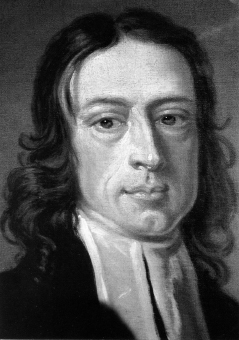
In May 1738, an Anglican minister in his mid-30s, John Wesley, was listening to a sermon in London when he felt the Holy Ghost assure him that Christ had atoned for his sins. He became a powerful preacher of Arminianism. After his death in 1791, Wesley’s followers founded the Methodist Church.
In the 1770s when Joseph Smith’s parents were born and his grandparents were trying to figure out which church to join, Universalism began to gain popularity. Universalism is the doctrine that God will save everyone.
Calvinism was justified by a selective reading of Paul’s teachings. Universalism was justified by a selective reading of John’s teachings. God is love. Why would a loving God with power to save people damn anyone?
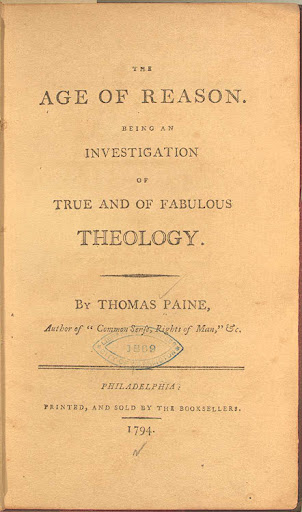
It may seem like Universalism and Calvinism are complete opposites but they both assert that God does all the decision making. Neither includes what Latter-day Saints call agency. In both Calvinism and Universalism, people don’t choose to accept or reject God’s plan of salvation through Christ, God makes all the choices.
Deism is the idea that God created the universe and lets it run, but he doesn’t reveal himself through prophets or scriptures. Reason is the revelation of Deism. Unlike the other isms, Deism doesn’t begin with the story of fallen Adam and Eve, and if there was no fall, there’s no need for a redeemer. Deism is more philosophy than religion. Deism’s Jesus is more philosopher than Savior.
These isms and others competed with each other, creating conflict, instability, anxiety, fear, and leading to faith in the lives of Joseph Smith’s grandparents and parents.
Between the dates when and places where his parents were born, there was a shot heard round the world that sparked the American Revolution. Political and spiritual doctrines of self-determination swept America at the same time. We can see that expansion of individual liberty, economic opportunity, and religious freedom were wonderful, but people who lived through it were as anxious and unsettled as we are in our uncertain times. By the time Lucy Mack gave birth to Joseph twenty-five years later, a second great awakening had many people asking anew what, if anything, they could do to obtain salvation in Christ.

By the time Joseph went into the grove, Methodism was the largest Church in the country (Gaustad, Historical Atlas of Religion in America, 2d ed. 1976, p. 4). That growth curve is staggering.
What would it have been like for Joseph Smith’s parents to be, whose world underwent political, religious, and economic revolution in their first 30 years?
If you’re Lucy (Joseph’s mother), your Calvinist mother has been your stabilizing force. Your father is wildly unpredictable, though he recently converted to Christianity after years of what was called “infidelity,” meaning a lack of faith.
If you’re Joseph Senior, your father has also made a dramatic change from belonging to a Congregational (Calvinistic) Church to Universalism. He taught you that God loves you and that you should love God, pray earnestly, be pious, and have contempt for self-righteousness. He taught that the way to truth is a combination of “scripture and sound reason.” God is no respecter of persons and that Jesus Christ “can as well save all as any”
If you’re newly-wed Joseph and Lucy you have no church. You are, in fact, the first members of your family for several generations to not belong somewhere. You have Calvinism and Universalism and Deism in your blood and Arminianism in the air. Each of them is contending for your attention and your soul, but you don’t belong to any of them.
You worry about how you’ll support your growing family and what you’ll tell the children when they ask you if they need to be saved, and if so how.
You’re Christian—you believe that the answer will center on Jesus Christ, but whose Christ? Which doctrine of salvation will you teach them? You don’t agree—with your parents, with each other, or even with yourself:
Lucy
- feared dying before conversion
- promised God she’d seek true Church and tried several options
- some church is better than no church
Joseph Sr
- dreamed anxious dreams
- disgusted with “formalist” clergy
- no church is better than the wrong church
Lucy wrote a really important memoir. In it she described how the conflict between her and her husband came to a head:
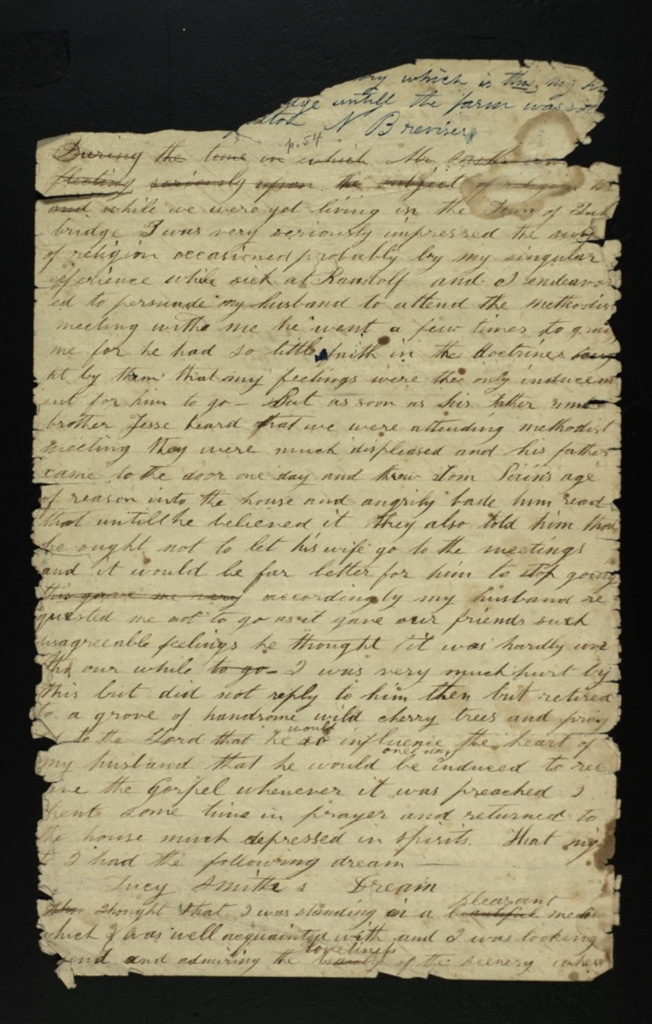
“My mind became deeply impressed with the subject of religion. . . . I endeavored to persuade my husband to attend the Methodist meeting with me he went a few times to grat[ify] me for he had so little faith in the doctrines taught by them that my feelings were the only inducement for him to go— But as soon as his Father and brother Jesse [Smith] heard that we were attending methodist meeting they were much displeased and his father came to the door one day and threw Tom Pain’s age of reason into the house and angrily bade him read that untill he believed it they also told him that he ought not to let his wife go to the meetings and it would be far better for him to stop going . . . My husband requested me not to go . . . . I was very much hurt by this but did not reply to him then but retired to a grove of handsome wild cherry trees and prayed to the Lord that he <would> do so influence the heart of my husband that he would be <one day> induced to rec[ei]ve the Gospel whenever it was preached. I [s]pent some time in prayer and returned to the house much depressed in spirits. That night I had the following dream—”
“. . . I stood in a large and beautiful meadow, . . . I discovered two . . . trees . . . on the same side of the stream. These trees were very beautiful: they were well proportioned, and towered with majestic beauty to a great hight; . . . and after beholding them a short time, a bright light surrounded one of them. . . . Presently a gentle breeze passed by; and the trees encircled with this golden zone, bent gracefully before the wind and waved its beautiful branches [p. 49] in the light air. . . .”
“I turned my eyes upon its fellow . . . but it was not surrounded with the belt of light . . . no matter how strong the wind blew over it, not a leaf was stirred, not a bow was bent; but obstinately stiff it stood . . . . I wondered at what I saw, and said in my heart, what can be the meaning of all this. And the interpretation given me was, that these [trees] personated my husband and his oldest brother (Jesse Smith); that the stubborn unyielding tree, was like Jesse, and the other, more pliable and flexible one, was Joseph [Smith Sr.] (my husband): that the breath of heaven which passed over them, was the pure and undefiled gospel of the son of God; which gospel— Jesse would always resist; but, when Joseph should be more advanced in life, that [p. 50] he would hear the pure gospel, receive it with his whole heart, and rejoice therein . . .” (“Lucy Mack Smith, History, 1845,” p. 48, The Joseph Smith Papers).
Remember: “Long before Joseph Smith offered his first prayer, thousands and millions of people must have yearned, as Sarah did, for the assurance that God was not the severe, distant, impersonal deity of Jonathan Edwards, but the kind, loving, and very personal God that Joseph found in the Sacred Grove.” (Givens, “Lightning Out of Heaven“)
And remember that among the revelators who experienced manifestations of God’s love and assurances that restoration was on the way, there were women including Sarah Pierrepont and Lucy Mack Smith.
Joseph’s parents were among the seekers who were ripe for restoration. In the next lesson we will see how three lines from hymn 26 highlight the way the restoration got started.
The post How Apostasy Shaped a Family that was Ripe for Restoration appeared first on Steven C. Harper.
Continue reading at the original source →



